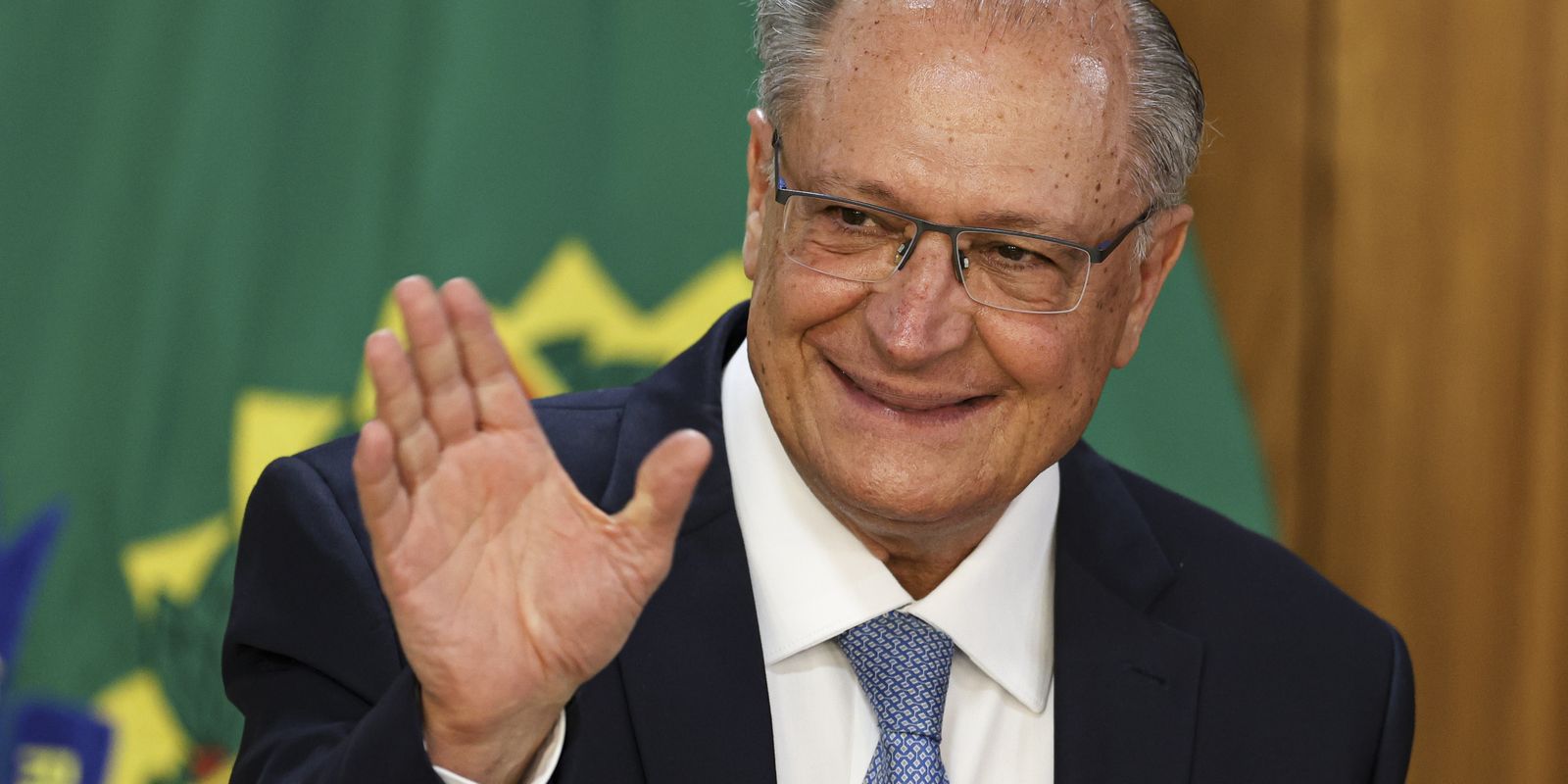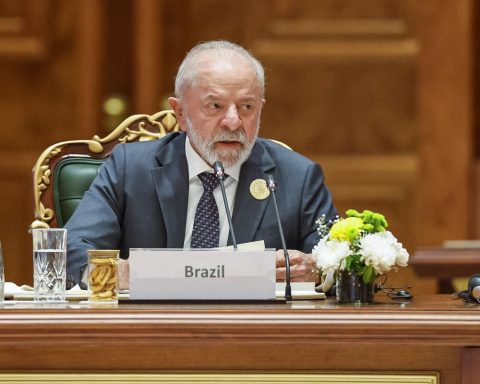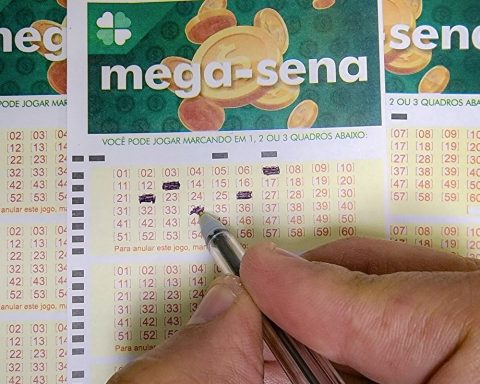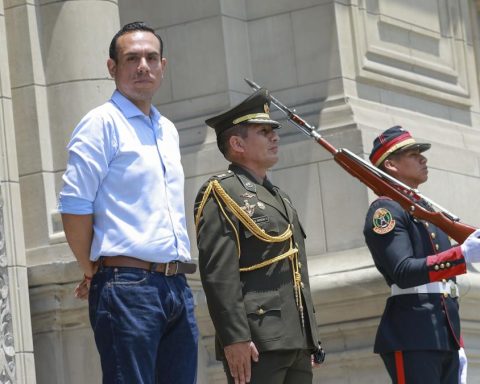The Vice President of the Republic and Minister of Development, Industry, Commerce and Services (MDIC), Geraldo Alckmin, said this Tuesday (17) that the ministry is working to expand, from 2025, the Reintegra program, which allows exporting companies to receive back part of the amounts paid in taxes.
According to Alckmin, the program will be implemented in stages. In the first phase of the program’s expansion, which is being called Transitional Reintegration, only small businesses will benefit.
“We will start with the small businesses, the goal is next year. This is what I call the Transitional Reintegration, because this will put an end to the tax reform. When we have the entire tax reform in effect, there will no longer be cumulative credit. But, until then, we are working to implement a Transitional Reintegration, starting with small businesses,” he said, when participating in the opening of the congress of the Brazilian Machinery and Equipment Industry Association (Abimaq), via videoconference.
During his presentation to business leaders, Alckmin also highlighted the tax reform, which is currently being regulated by the Senate. “The tax reform reduces taxes, simplifies taxes and eliminates cumulative effects. Therefore, it should stimulate investment and exports,” he said, citing forecasts from the Institute of Applied Economic Research (Ipea) that, in 15 years, the tax reform could increase the Gross Domestic Product (GDP) by 12%, in addition to boosting investment by 14% and exports by 17%.
In his speech, the vice president also spoke about the accelerated depreciation program for the purchase of machinery and equipment, stimulating new investments and industrial modernization. “Regarding accelerated depreciation, the interministerial ordinance has already been issued and it is now open to receive proposals for the purchase of machinery, equipment and devices.” According to him, there will be R$3.4 billion in financial credits, half this year and half next year,” he said.
Selic
On Monday (16), Abimaq released a note to criticize a possible increase in the basic interest rate (Selic). The index will be released tomorrow (18) by the Monetary Policy Committee (Copom). For the entity, Copom should maintain the current level of Selic or even begin a process of flexibility.
“This increase could bring serious risks to the country, especially in a context in which monetary policy is already on restrictive ground, growth forecasts for the coming years are weak and the international scenario points to monetary easing and Chinese deflation,” wrote Abimaq.

















